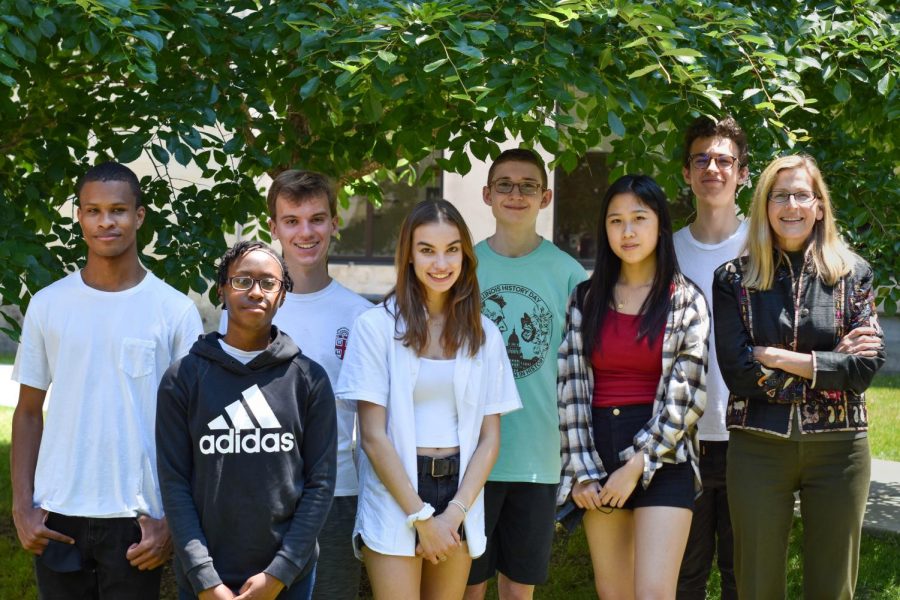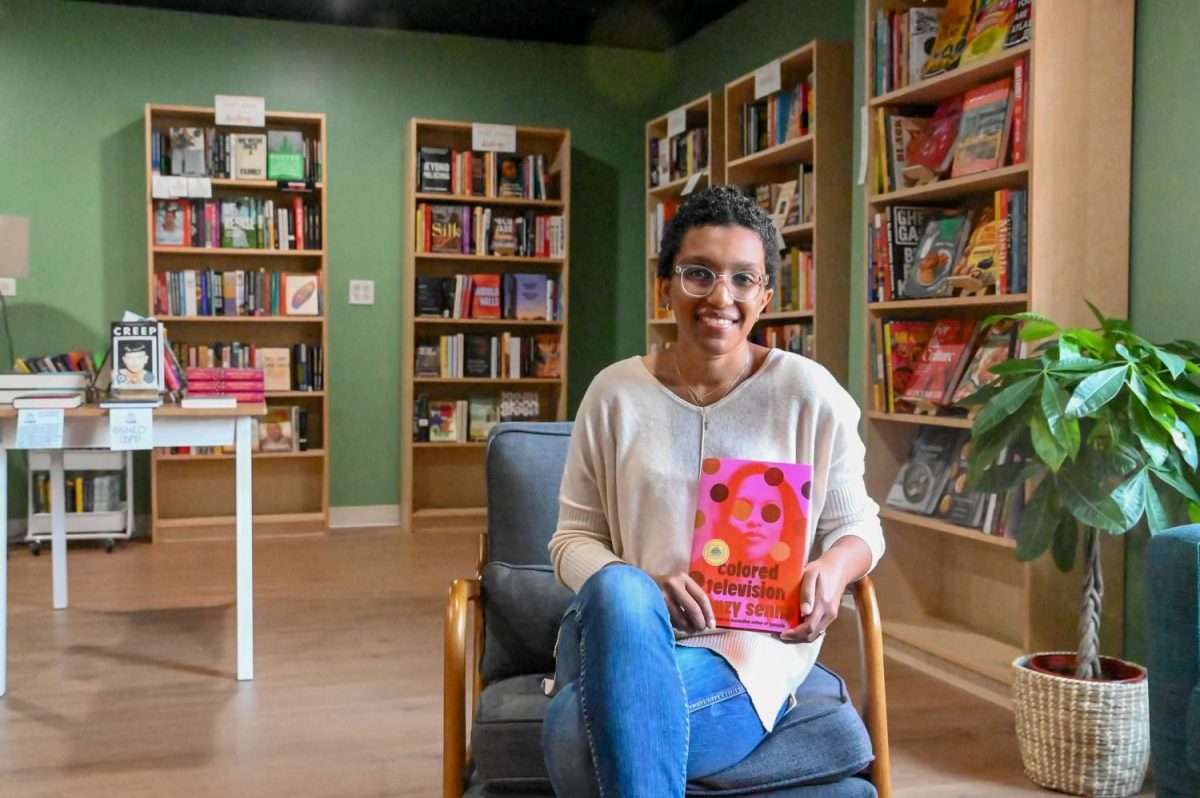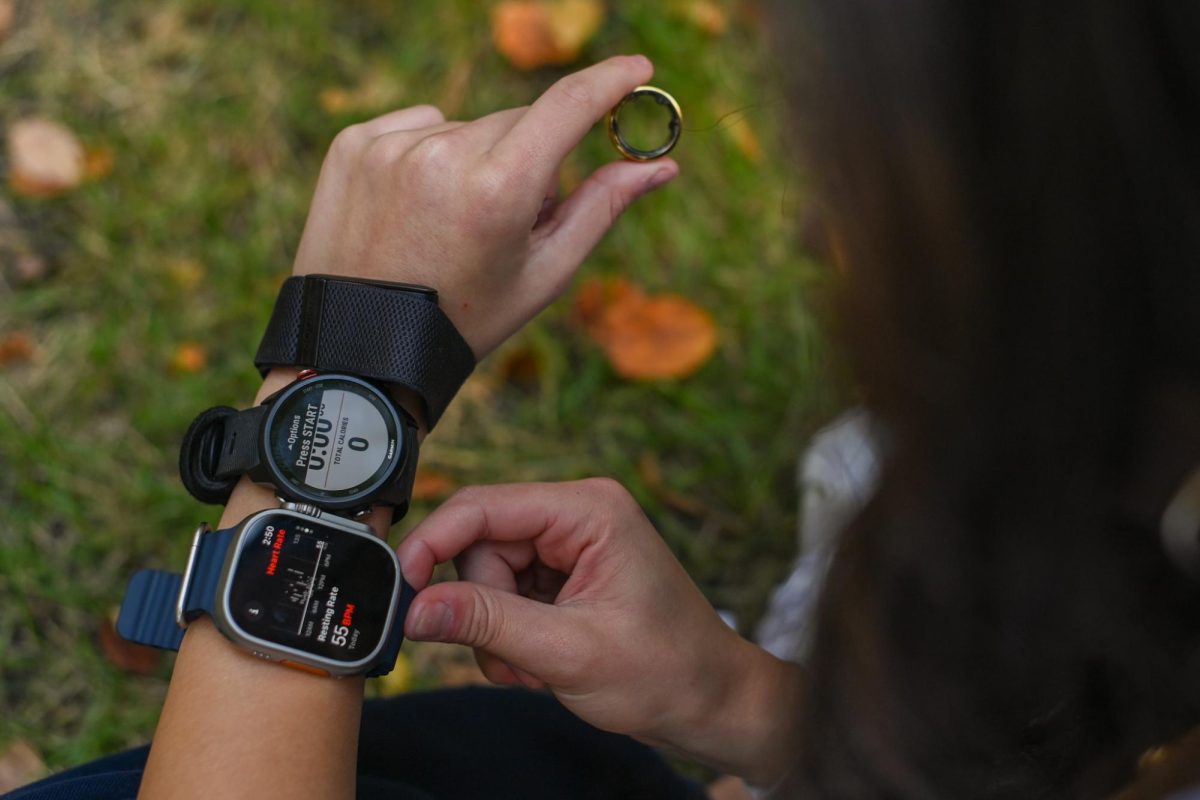Eight history students receive the gold medal at state, advance to nationals
Eight U-High students were awarded the gold medal for their projects in the state level of this year’s National History Day celebration.
June 3, 2021
The Laboratory Schools had the most winners in the state level of this year’s National History Day celebration, where eight U-High students were awarded the gold medal for their projects and will advance to the national level. This is the ninth year in a row where Lab has sent students to nationals. This year the national award ceremony will be live streamed on the National History Day website June 19.
For the contest, students had the option to create a paper, performance, documentary, exhibit or website around an annual theme, this year’s being “Communication in History: The Key to Understanding.” Juniors Saul Arnow and Ben Conley wrote the two best papers, juniors Sandra Mordi, Brent Pennington and Kara Tao made the best documentary, junior James Sowerby had the best solo performance and junior Anathea Carrigan and senior Amanda Cassel had the best group performance in Illinois.
The “Say It Loud, I’m Black and I’m Proud: The Media’s Misrepresentation of the Black Panther Party” documentary by Sandra, Brent and Kara was also selected to be part of the 2021 Documentary Showcase at the Smithsonian National Museum of African American History and Culture.
“I was like, wow, we got into the Smithsonian Museum of African American History, and we’ve been there for eighth grade camp, so it’s surreal that it’s going to be showcased there,” Kara said.
While making the documentary, Kara wanted to convey that everyone should have an awareness of how forms of media portray certain people and groups.
“Even reputable sources can misrepresent them, and so we really have to be very cognizant of the biases that we see that can be hidden really deeply in newspapers and media outlets,” Kara said.
Students in the U.S. History and AT U.S. History classes began their projects by writing a research paper in November, which underwent a slew of edits and changes for months until a project was eventually produced, which was submitted to a board of National History Day judges. James’ favorite part of the competition was the highly rigorous process.
“It gets you thinking of the ways that you spend time with history,” James said. “It starts to mean so much more to you. You think about it more deeply, you think about how it applies to your own life and life in general.”
Due to COVID-19 restrictions, students advancing to nationals will not be able to travel to Washington, D.C., like they do traditionally. Instead, they submit recorded versions of their presentation after taking into account the feedback received during the state competition.












